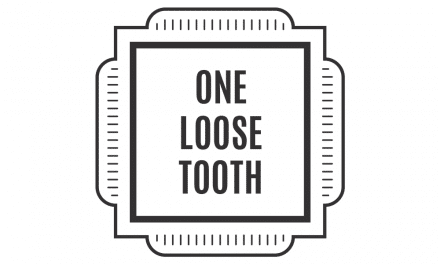In my opinion, young dentists are at a significant disadvantage when attempting to read, understand, and negotiate a contract on their own due to a lack of knowledge about the local market and other associate contracts, inadequate experience negotiating terms and conditions, and a general sense of desperation to land their first job.
If you are comfortable negotiating for yourself, a contract can be reviewed for a few hundred to two thousand dollars depending on the complexity, length, and number of changes required. If you need help negotiating with a potential employer, your costs will rise as the number of billable hours accumulate.
When looking for my first job, I had an attorney read all the contracts I had considered signing prior to finalizing an agreement. The process was simple: I received an interview and terms of employment were discussed verbally with the hiring party. If we were able to verbally agree on the terms of employment, we would schedule a working interview. If the working interview went well, I was typically provided a contract to review. At this point, you should take the contract home, read it, and submit it to an attorney for review. The turn-around time for this is about one week; potential employers know this and may give you a contract on Friday afternoon requesting that it be signed and returned on Monday – those jobs usually don’t work out.
If the hiring party does not allow you to take the contract home or says that everyone receives the same contract, say thank you and leave. You should always have an opportunity to submit a contract to council and standardized contracts are bogus. Both of these statements are an employer’s attempt to take advantage of a young graduate desperate for a job.
Your contract will outline many important conditions. Below is a list of a few conditions you should be aware of prior to signing:
- Perhaps the most important clause in the contract should the deal go south is the non-compete. The non-compete outlines how long the associate dentist cannot work in a certain geographic area surrounding the practice in the event that the contract is terminated. Usually described in miles as the crow flies, a non-compete protects a practice owner from the potential of a former employee leaving the practice and opening her own next door. Use caution when signing unreasonable non-compete terms and conditions as your first job will not be your last and some non-competes put unecessaey strain on families who have settled into an area.
- How will you be paid? Pay for an associate is usually determined by production, adjusted production, or collections. Sometimes, a daily guarantee is offered for 3, 6, 9, or 12 months or (more rarely) in perpetuity. Typically, practice owners will pay an associate a percentage of collections; however, you want to be paid on production with a daily guarantee. Keep in mind that most of us have to settle for a percentage of adjusted production or collections.
- The non-solicitaiton clause will explain that you are not allowed to solicit patient’s from the practice. The clause should outline the penalty for violating the agreement.
- Are you an employee or independent contractor? Unless you bring your own equipment, supplies, and make your own schedule the IRS considers you an employee; however, dentists tend to want to avoid paying taxes associated with employees and will try to classify you as an independent contractor. When classified as an independent contractor, you are considered self-employed. If self-employed, you are responsible for paying self-employment taxes. I must admit, when it comes to your first job, this probably is not worth trying to change.
- Vacation, sick, and paid time off. You should be allowed to take time off, and most states mandate that employers provide sick leave. The trouble is, if you’re an independent contractor, you get neither. You need time off – both for piece of mind and to take the CE you need to improve your skill set. If your contract does not allocate time off (my first 2 associate positions afforded me no vacation time), you need to negotiate this into your contract. You don’t need paid time off (PTO), however that would be ideal for a new grad who is running a tight budget and trying to take expensive CE.
Resources for young dentists:




